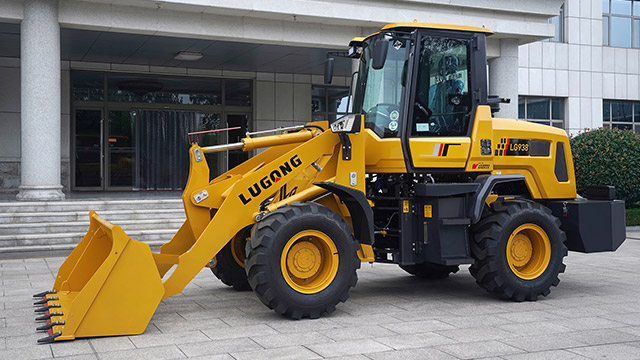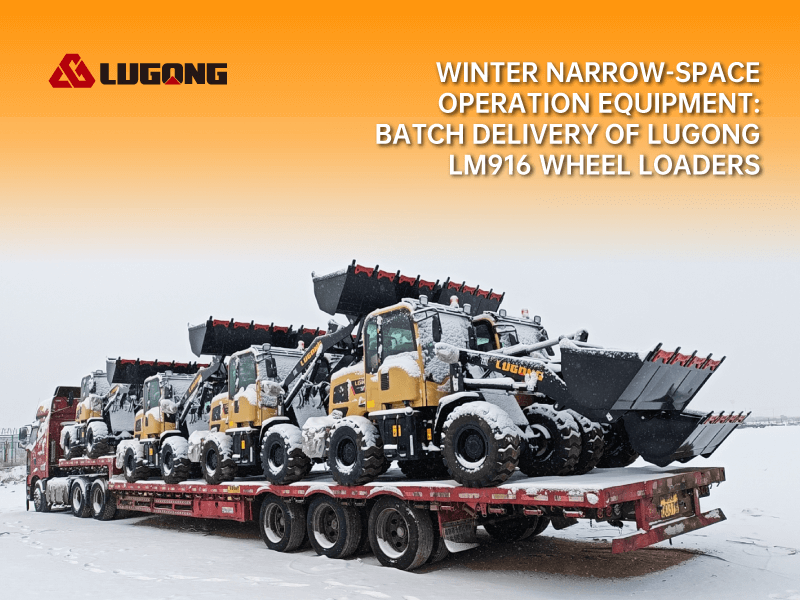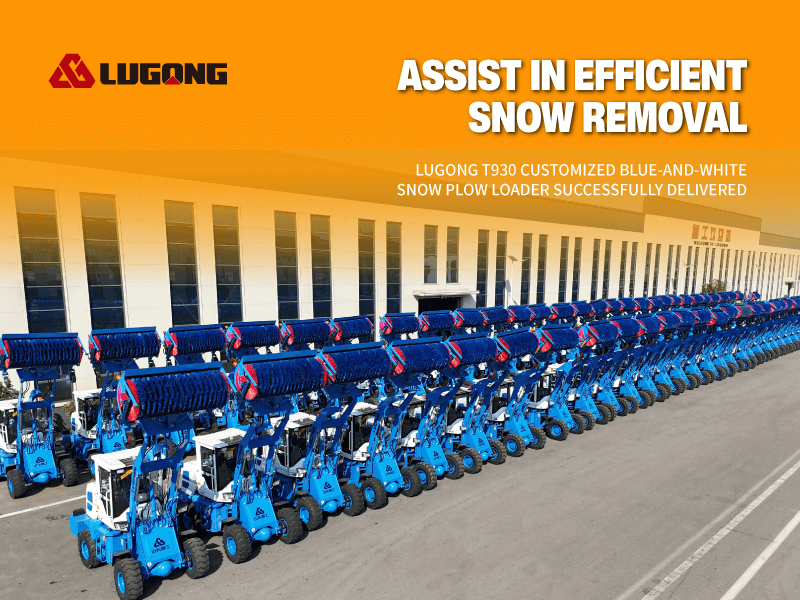What is a mini wheel loader?
Mini Wheel Loader Introduction:
A mini wheel loader, also known as a compact wheel loader, is a versatile construction machine commonly used in various industries. It is designed to perform tasks that require heavy lifting, loading, and transporting materials in confined spaces. This article aims to provide an in-depth understanding of mini wheel loaders and their applications.

1. Overview of a mini wheel loader:
– Size and dimensions: A mini wheel loader is typically smaller in size, with a weight ranging from 2 to 4 tons. It is designed to be easily transported and operated in confined areas.
– Components: It consists of a front-mounted bucket, articulated steering system, hydraulic lifting mechanism, and a powerful engine.
– Tires: Mini wheel loaders are equipped with sturdy and durable tires, providing excellent traction and stability on various terrains.
2. Applications of a mini wheel loader:
– Construction industry: Mini wheel loaders are commonly used in construction sites for tasks such as loading and transporting materials, clearing debris, and backfilling trenches.
– Landscaping and gardening: They are ideal for landscaping projects, including moving soil, mulch, and rocks, as well as grading and leveling surfaces.
– Agriculture: Mini wheel loaders are useful in agricultural operations for tasks like handling hay, transporting feed, and loading manure.
– Snow removal: These loaders can be equipped with snow blades or snow blowers, making them suitable for clearing snow from driveways, parking lots, and sidewalks.
3. Advantages of a mini wheel loader:
– Versatility: Mini wheel loaders can be equipped with various attachments, such as buckets, forks, and grapples, to perform a wide range of tasks, including loading, digging, and lifting. It can easily navigate through tight spaces and confined areas where larger machines may struggle.
– Fuel efficiency: Mini wheel loaders are designed to be fuel-efficient, allowing for longer operating hours without frequent refueling.
– Cost-effectiveness: Due to their compact size, mini wheel loaders require less maintenance and have lower operational costs compared to larger loaders.
– Operator comfort: These loaders are designed with ergonomic cabins, providing a comfortable working environment for operators during long hours of operation.
4. Safety considerations:
– Training: Proper training should be provided to operators to ensure safe and efficient operation of the mini wheel loader.
– Maintenance: Regular maintenance and inspections are necessary to ensure the safe functioning of the loader.
– Load capacity: Operators should adhere to the load capacity limits specified by the manufacturer to prevent accidents and equipment damage.
– Safety features: Mini wheel loaders should be equipped with safety features such as seat belts, backup alarms, and lights for enhanced visibility.
Mini Wheel Loader Conclusion:
Mini wheel loaders are versatile machines that offer numerous advantages in terms of size, maneuverability, and versatility. They find applications in various industries and can perform a wide range of tasks. With their powerful engines, ergonomic cabins, and safety features, mini wheel loaders provide a reliable and efficient solution for material handling needs in confined spaces.


